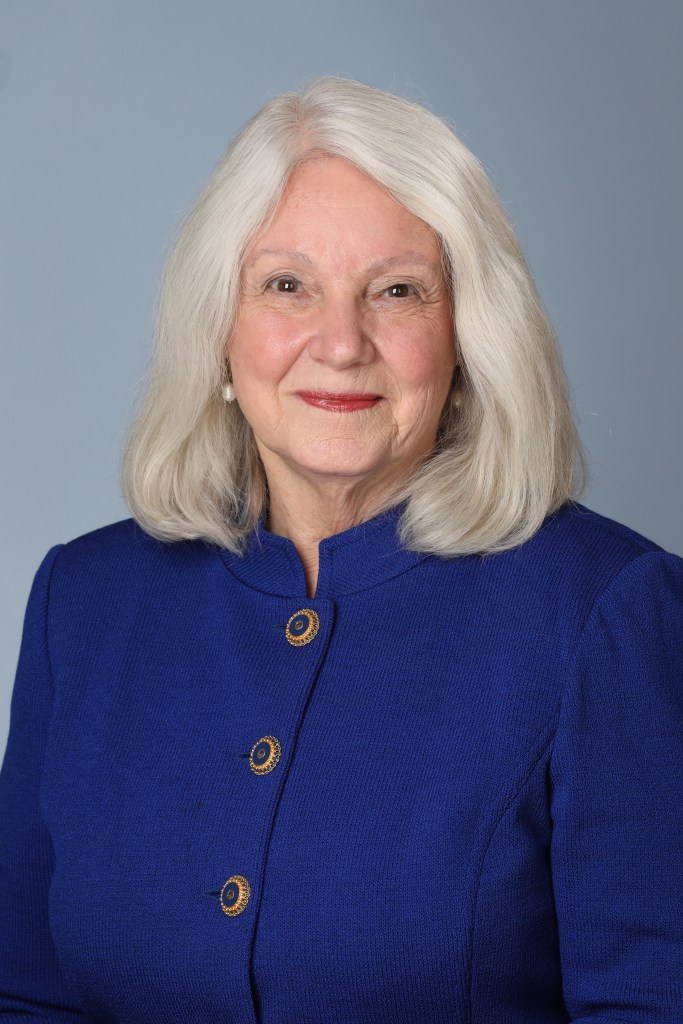Melody Matthews Lowman, M.A., is a family life and parenting consultant, as well as a behavioral and educational consultant who works with adults, children, families and organizations. Melody has had special interests in family relationships and parenting as well as health concerns and sexual and reproductive psychology since 1964.
Melody’s consulting with adults is based on cognitive behavioral and learning theories. These schools of thought respect a person’s lifelong capacity to learn and improve their ability to communicate and to cope. The kinds of concerns that we could work on are listed below.
Stress reduction and management, Sleep Improvement, Assertiveness and Improved Communication, Improving relationships, Sexual health consulting for men, women and couples, Coping with the stress of fertility treatment, Family Caregiver consultation for families with a special needs adult or eldercare. School and workplace consulting and problem solving are also available.
Behavioral consulting with or about children is based on the Parent Training Model developed at the Yale Child Study Center by Charles Shaeffer, M.D. This model emphasizes the consultant’s role in evaluating the child and then training, or coaching the parents to do the actual behavior change with their own child. Mrs. Lowman is an active consultant to the family until the problems are resolved. When appropriate she will meet with the child’s teacher and other professionals who work with the child as well. Mrs. Lowman has a background in education and special education, including working with gifted children and gifted children with learning or social emotional difficulties (2e) that get in the way of their realizing their potential. She is a specialist in gifted and twice-exceptional children’s social, emotional, educational and enrichment needs.
Melody Lowman has a Bachelor’s Degree in History from Mills College and a Master’s Degree in Psychology from Lone Mountain College (University of San Francisco) and several years of work toward her doctorate in psychology at the Fielding Institute. She maintains a California Lifetime Teaching Credential in Family Life Education. Her published works include a history and compendium of sex law, Sex Code of California as well as articles on parenting that have been featured in Working Mother Magazine, Reader’s Digest, Frisco Kids, Atlantic Monthly and Ambassador Magazine. She has been interviewed on gifted children, marital relationships, parenting and preventing emotional child abuse on KCBS, KGO and National Public Radio. She is a member of the National Association for Gifted Children, California Association for the Gifted, SENG (Social Emotional Needs of the Gifted), Association of Educational Therapists, National Association for the Education of Young Children, Children and Adults with Attention Deficit/Hyperactivity Disorder, The Council for Exceptional Children, American Board of Medical Psychotherapists, the American Association of Sex Educators, Counselors and Therapists and the American Society of Reproductive Medicine, the Council of Parent Attorneys and Advocates and served on the Board of Special Needs Professionals of Silicon Valley.
She is the mother of a daughter, who is a Marriage, Family and Child Therapist and a son who is an archaeologist.
Melody Lowman is a member of Supporting Emotional Needs of the Gifted (SENG) and the Special Needs Professionals of Silicon Valley (SNP).


An additional description of my work with children and families
I work with all kinds of children but I specialize in gifted children, and gifted children who might also have social, emotional and learning difficulties (twice-exceptional). I work with children as young as toddlers and as old as teens. Playing selected games and activities with children can allow them to communicate their concerns in a way that they might not yet have the language to express. An example of that is when a child might play out a story about a group of children at school in which one doll is being excluded or teased. We then talk about what is happening in the “story.” Another example is when I might select a science or technology toy to play with a child who needs help following directions or controlling impulsive behavior. The toy simply won’t work unless it is constructed correctly. The toy gives the feedback rather than the adult. Sometimes a game with rules is selected in order to practice taking turns, playing by the rules and tolerating frustration. The child and the adult might just play something simple so the child can relax enough to talk about their concerns.
Developing a relationship with a child takes time and trust. To a parent, early meetings might like nothing is being accomplished, but the consultant is looking at how the child is using the materials and how the child is “telling a story” with or without words. I prefer to give the child the choice of having the parent in the room or in the waiting room. If the parent is in the room playing with the child or observing, I ask the parent to refrain from complimenting or criticizing the child’s play in the room, so I can see what the child has in mind. I also ask the parent not to compliment or criticize the child after the session, so the child doesn’t become self-conscious about what happens in the room, thus limiting the effectiveness of the work.
When I work with a child, I always work with the parents as well. The frequency varies according to what needs to be accomplished. Generally, the younger the child and the more problematic the behavior, the more frequently I work with both the child and the parents. With older children and teens I work more with the child and less often with the parents; we talk more and play less as the child is ready. I am very happy to work with just the parents for parenting guidance when we agree it is appropriate. Parents are welcome to bring in grandparents and caregivers when we agree it would be helpful to the child and family.
My work is based on the Parent Training model developed at the Yale Child Study Center, by Charles Schaeffer. This model emphasizes evaluating the child’s needs and then training, or coaching the parents (and other caregivers) to do much of the actual teaching with their own child. The child already trusts the parents, or needs to be helped to do so, and the parents and caregivers are there with the child when the child needs guidance to use healthy and appropriate behaviors.
When the child is having behavior problems at school, I will observe the child at school before the child meets me. I will then meet with the teacher along with the parent or parents. Because I have a background in education and special eduation I am often able to offer suggestions of how to help the child be more successful at school, academically, socially and behaviorally. I participate in IEP and 504 meetings if the parent requests assistance or advocacy. When necessary, I assist the parents in identifying a school that is more able to meet the child’s needs.
I believe that, unless the child’s problem is caused by an organic condition, each occasion of misbehavior shows the adults what the child needs to learn. I teach the adults in the child’s life to observe the circumstances that lead up to the misbehavior and intervene proactively and preventively. Together we tackle a small number of misbehaviors or bad habits at a time, and work toward desired behaviors and habits. We don’t work on changing everything at the same time, because it is not effective for children, or adults.
If the child’s behavior problems are especially complex and, or enduring, I encourage the family to seek educational and or psychological testing with a testing specialist. If there is a possibility that there is a medical component to the problem, I am eager to collaborate with, or transfer care to a pediatrician, behavioral pediatrician, child psychiatrist, or child psychologist.
I work with families throughout the Bay Area. My office is currently in Palo Alto. I make home and school visits by arrangement. We can work by phone, Facetime, Zoom, or GoogleMeet. If the child or family would benefit from a different, or additional, kind of service, I am happy to refer them to trusted colleagues.

